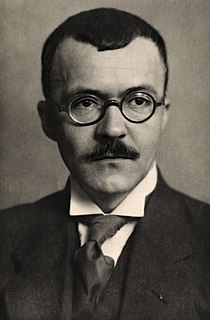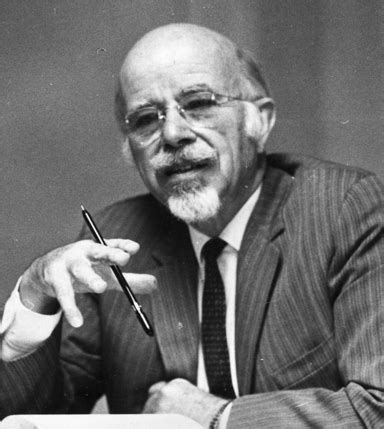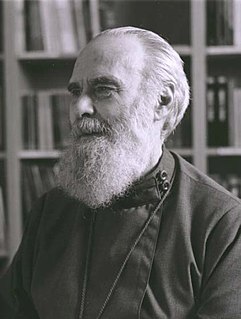A Quote by Parker J. Palmer
There is a tradition that the church represents, without which we wouldn't have the church, that's all about diving deep beneath the surface of the culture and finding those timeless, eternal truths that the whole Christian enterprise is rooted in. And one of those is that you don't come to God at 180 miles an hour.
Related Quotes
It has been said by church historians that in those periods of Christian history where renewal, revival, and awakening took place and the church was at its strongest, that coincidental with those periods in church history, there was a strong focus on the psalms in the life of God's people-particularly in the worship of God's people.
Embedded in the gospel of Jesus Christ there are eternal principles and truths that will last far longer than the principles of building ships and roofs. You and I, as members of the Lord's true Church, have special access and insight into these eternal principles and truths, especially when we listen to the Spirit for individual guidance and hear the prophet's voice as he declares the will of God to the members of the Church. You and I both know how important these eternal principles and truths are in our lives.
When we struggle for human rights, for freedom, for dignity, when we feel that it is a ministry of the church to concern itself for those who are hungry, for those who have no schools, for those who are deprived, we are not departing from God's promise. He comes to free us from sin, and the church knows that sin's consequences are all such injustices and abuses. The church knows it is saving the world when it undertakes to speak also of such things.
Has God no living church? He has a church, but it is the church militant, not the church triumphant. We are sorry that there are defective members. . . . While the Lord brings into the church those who are truly converted, Satan at the same time brings persons who are not converted into its fellowship. While Christ is sowing the good seed, Satan is sowing the tares. There are two opposing influences continually exerted on the members of the church. One influence is working for the purification of the church, and the other for the corrupting of the people of God.
As to those other things which we hold on the authority, not of Scripture, but of tradition, and which are observed throughout the whole world, it may be understood that they are held as approved and instituted either by the apostles themselves, or by plenary Councils, whose authority in the Church is most useful, e.g. the annual commemoration, by special solemnities, of the Lord's passion, resurrection, and ascension, and of the descent of the Holy Spirit from heaven, and whatever else is in like manner observed by the whole Church wherever it has been established.
The Church is holy, although there are sinners within her. Those who sin, but who cleanse themselves with true repentance, do not keep the Church from being holy. But unrepentant sinners are cut off, whether visibly by Church authority, or invisible by the judgement of God, from the body of the Church. And so in this regard the Church remains holy.
It seems to me, and I am personally convinced, that the Church must never speak from a position of strength. [These are shocking words.] It ought not to be one of the forces influencing this or that state. The Church ought to be, if you will, just as powerless as God himself, which does not coerce but which calls and unveils the beauty and the truth of things without imposing them. As soon as the Church begins to exercise power, it loses its most profound characteristic which is divine love [i.e.] the understanding of those it is called to save and not to smash.
The Head and the body are Christ wholly and entirely. The Head is the only begotten Son of God, the body is His Church; the bridegroom and the bride, two in one flesh. All who dissent from the Scriptures concerning Christ, although they may be found in all places in which the Church is found, are not in the Church; and again all those who agree with the Scriptures concerning the Head, and do not communicate in the unity of the Church, are not in the Church.
The fact is that there is a profound spiritual hunger in the western world which, for a variety of reasons, its church is no longer able to assuage. So a book which suggests that there is a spiritual significance to the Christian story but that this has been suppressed by the church undoubtedly appeals to those who are anxious to square this circle.


































